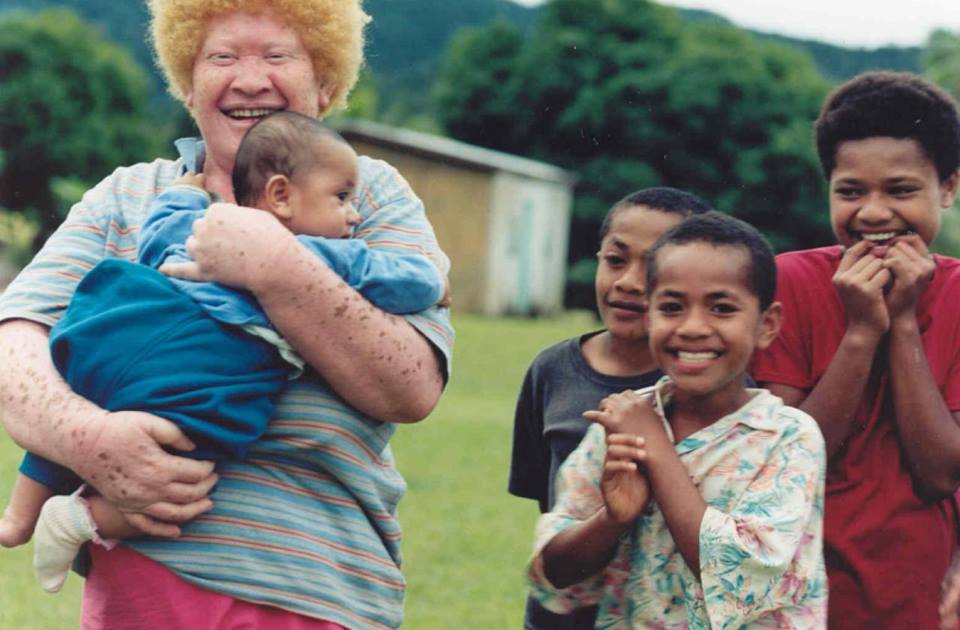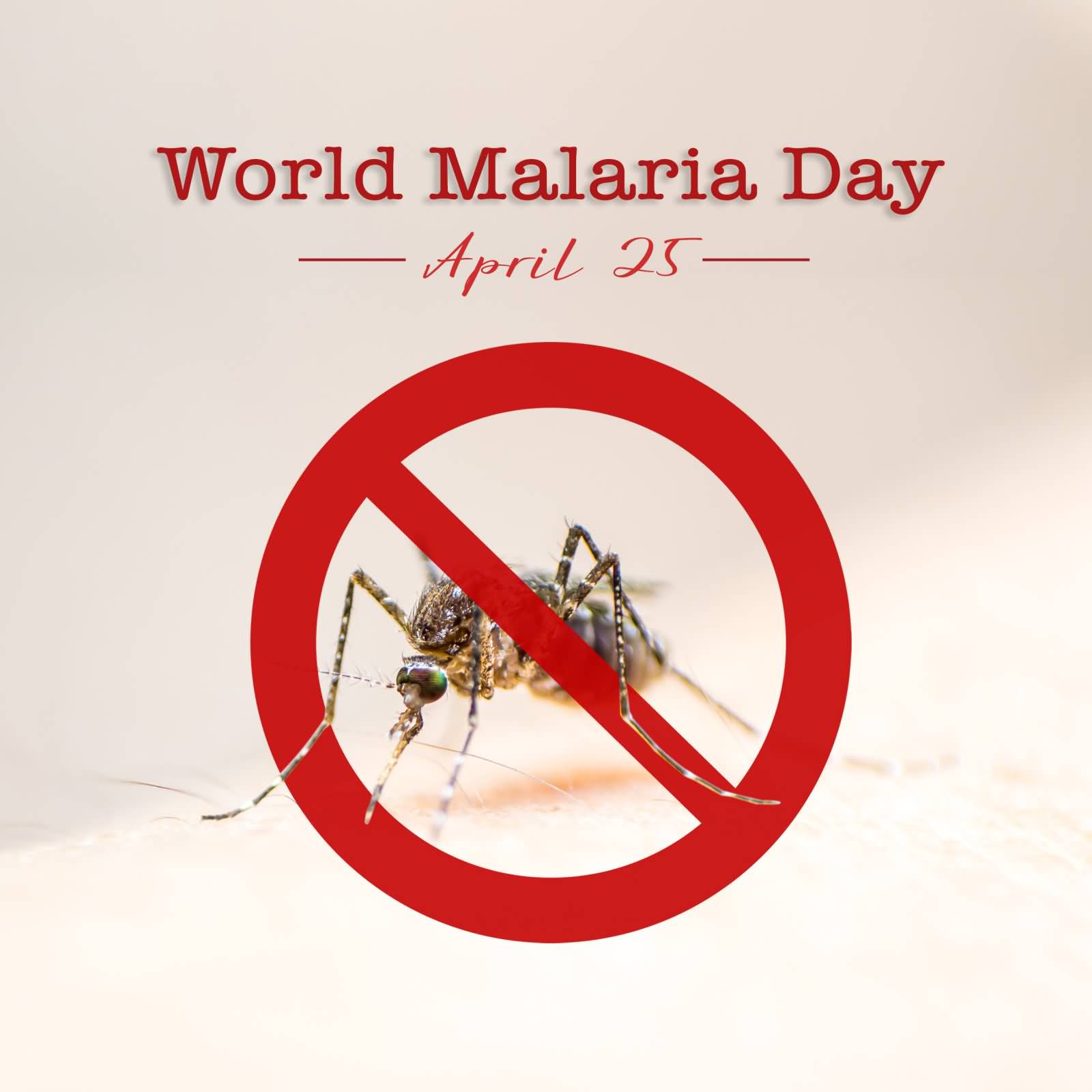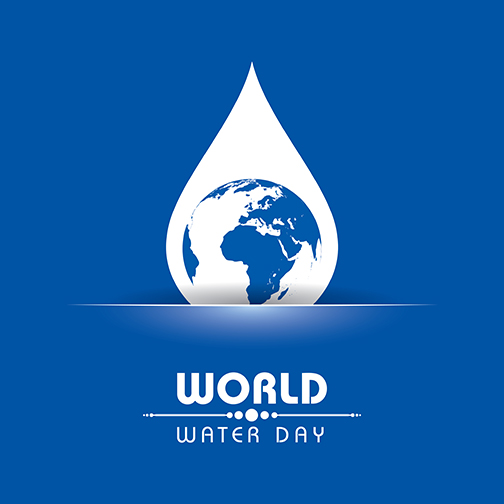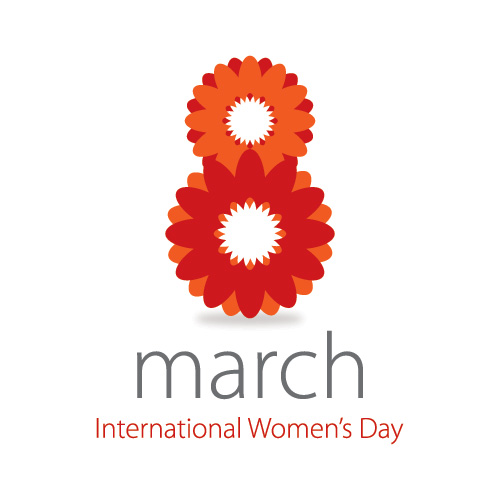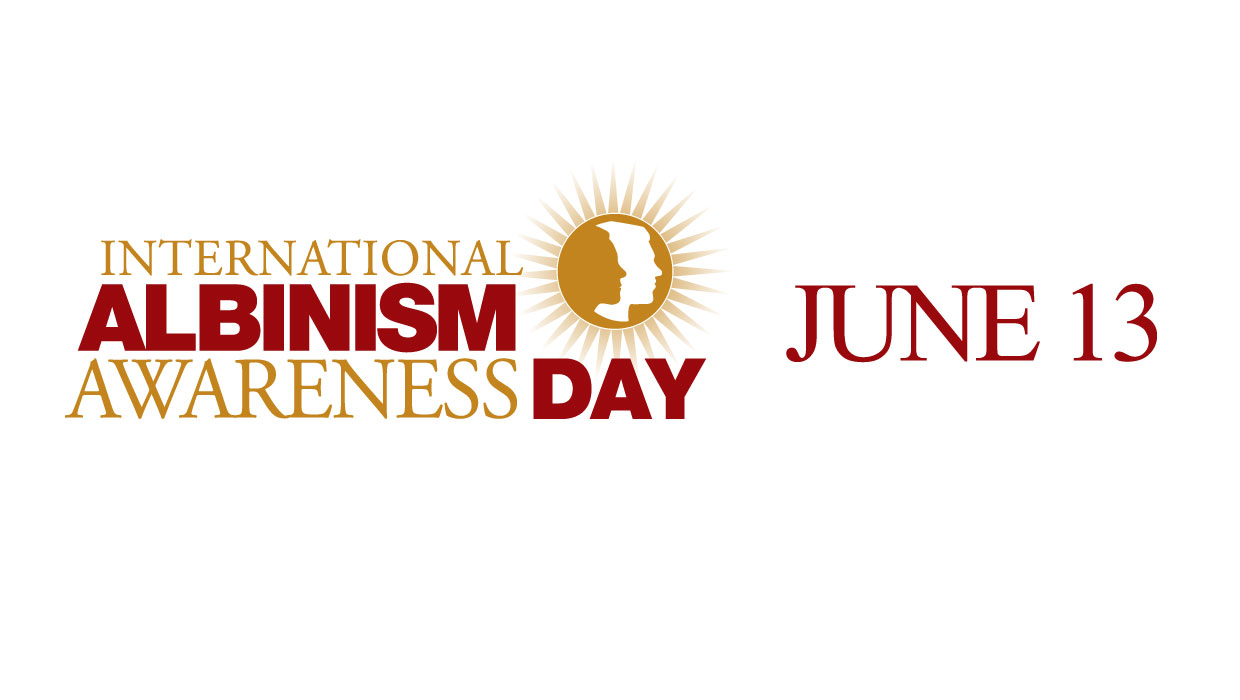
International Albinism Awareness Day: #NoGhosts
- Posted In : News , Albinsm Awareness Day, UN, Worldwide
- 0 : comment
International Albinism Awareness day is observed today (Tuesday) across the globe with an aim to stop the brutalities against people with albinism. Albinism is a genetic condition resulting in little or no pigmentation in the skin, hair, and eyes.
In several cultures around the world, and particularly in many African countries, people with albinism live in constant fear of murder.
Hundreds of albinos have been brutally murdered and mutilated in African countries in the past decades. Local superstitions claim their body parts can bring luck and prosperity. Another widespread rumour is that albinos are evil spirits.
The country with the highest percentage of albinos is believed to be Tanzania. In 2013, an independent documentary called “In the Shadow of the Sun” was released. The film by director Harry Freeland tells the story of Josephat Torner from Tanzania, who has albinism. Together, they spent years travelling around Tanzania to spread information about the widely misunderstood disorder.
The documentary, along with several other films, has been a powerful tool in the fight against persecution of people with albinism.
International Albinism Awareness Day was adopted by the UN General Assembly on December 18, 2014.
The resolution “encourages UN Member States to continue their efforts to protect and preserve the rights of persons with albinism to life, dignity and security, as well as their right not to be subject to torture and cruel, inhuman or degrading treatment or punishment, and to continue their efforts to ensure equal access for persons with albinism to employment, education, justice and the enjoyment of the highest attainable standard of health.”

